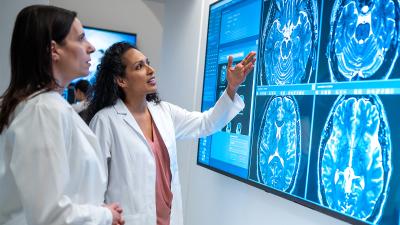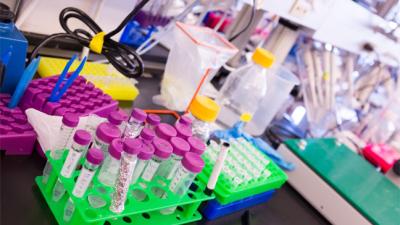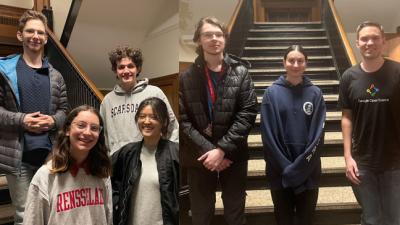RPI’s New Master of Biomedical Engineering Data Science Readies Students for Careers in Health Sciences, Clinical Research, and more
The Department of Biomedical Engineering at Rensselaer Polytechnic Institute has established a new master’s degree program that will prepare students for careers of biomedical data science, a fast growing engineering specialty.Those with expertise in biomedical data science are already in high demand, and that demand will continue to rise in the future, said Juergen Hahn, Ph.D., head of the Biomedical Engineering Department.





